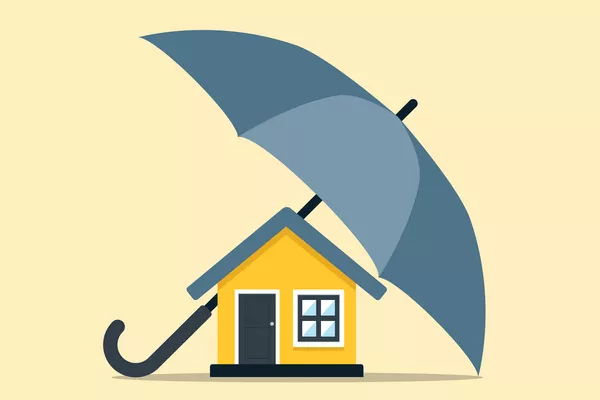Home insurance claims can be a lifesaver when disaster strikes. Whether it’s damage caused by severe weather, theft, or accidents, home insurance can help cover the costs of repairs or replacements. Here is a detailed breakdown of how home insurance claims work.
Types of Home Insurance Claims
There are several types of home insurance claims that you can file, including:
Property damage – This type of claim covers damage to your home and personal property caused by things like fire, lightning, windstorms, hail, or vandalism.
Liability – If someone is injured on your property, this type of claim can help cover their medical expenses and legal fees.
Additional living expenses – If your home is damaged and you cannot live in it while it is being repaired, this type of claim can help cover the costs of temporary housing and living expenses.
How to File a Home Insurance Claim
Here are the steps to follow when filing a home insurance claim:
Contact your insurance company – As soon as possible after the event occurs, contact your insurance company to report the claim. Most insurance companies have a 24/7 claims hotline.
Provide information – Be prepared to provide your insurance company with information about the incident, including the date, time, and location, as well as any police reports or witness statements.
Document the damage – Take photos and videos of the damage to your property and personal belongings. This will help support your claim and ensure that you receive the proper compensation.
Meet with the adjuster – Your insurance company will send an adjuster to assess the damage and determine the amount of compensation you are entitled to.
Receive compensation – Once the adjuster has completed their assessment, your insurance company will provide you with the compensation for the covered damages, minus any deductibles.
What Home Insurance Claims Cover
Home insurance claims typically cover the following:
Damage to your home – This includes damage to the structure of your home, as well as any attached structures such as garages or sheds.
Personal belongings – This includes damage or loss of personal belongings, such as furniture, clothing, and electronics.
Liability – This covers medical expenses and legal fees if someone is injured on your property.
Additional living expenses – This covers the costs of temporary housing and living expenses if you cannot live in your home while it is being repaired.
What Home Insurance Claims Don’t Cover
There are some things that home insurance claims typically do not cover, such as:
Flood damage – Most home insurance policies do not cover flood damage. You may need to purchase a separate flood insurance policy.
Earthquakes – Most home insurance policies do not cover damage caused by earthquakes. You may need to purchase a separate earthquake insurance policy.
Maintenance issues – Home insurance policies do not cover damage caused by neglect or lack of maintenance, such as a leaky roof that hasn’t been repaired.
High-value items – Home insurance policies have limits on how much they will pay for certain high-value items, such as jewelry and artwork. You may need to purchase additional coverage for these items.
Conclusion
Home insurance claims can be a complicated and stressful process, but understanding how they work can help make the process smoother. Be sure to have a good understanding of what your policy covers and what it doesn’t. In the event of an incident, contact your insurance company as soon as possible and provide all necessary information to ensure that you receive the compensation you are entitled to.


